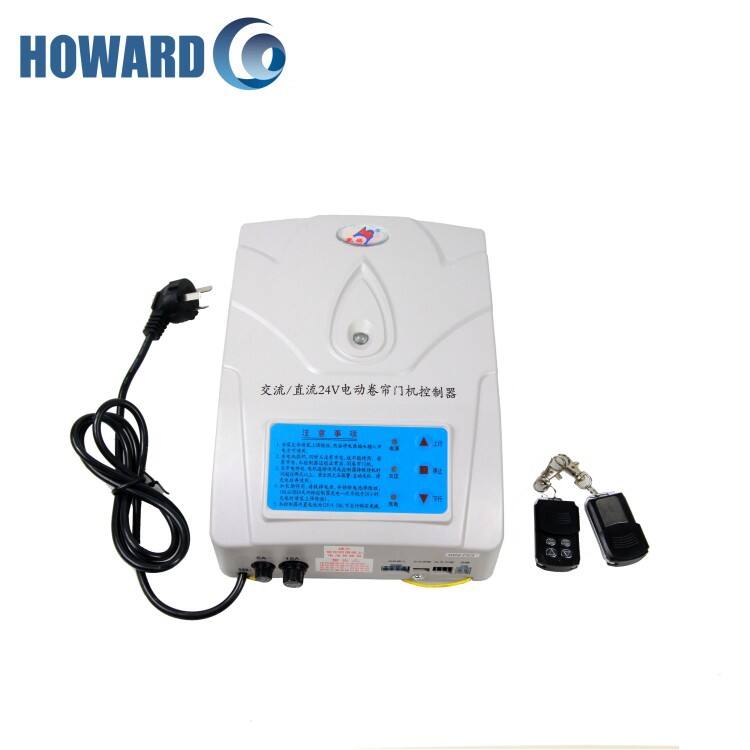
A UPS (Uninterruptible Power Supply) is a critical electrical device designed to provide immediate backup power to connected equipment when the main power source fails, preventing data loss, equipment damage, and operational downtime. It works by storing energy in batteries or supercapacitors, which is rapidly deployed to maintain a stable power supply during outages, voltage sags, surges, or spikes. UPS systems are available in various types, including offline (standby), line-interactive, and online, each offering different levels of protection and performance to suit specific needs. Offline models are cost-effective for basic devices, while online UPS systems provide the highest level of protection for sensitive equipment like servers and medical devices. Beyond backup power, UPS units often include features such as voltage regulation, surge suppression, and remote monitoring, enhancing their utility in diverse settings—from home offices and small businesses to large data centers and industrial facilities. Whether used to protect personal electronics or critical infrastructure, a UPS is an essential investment in ensuring continuity and reliability. To determine the right UPS for your application, reaching out to discuss your power requirements will help identify the ideal solution.
